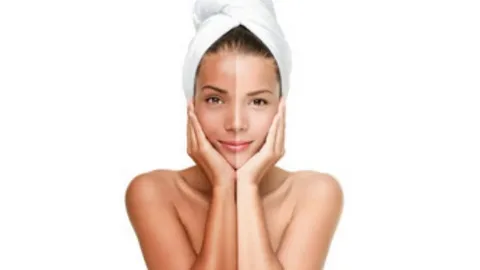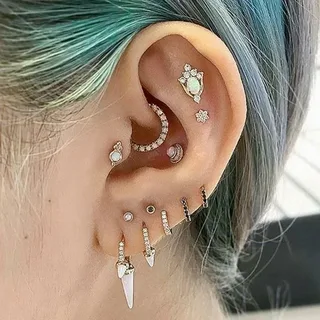In recent years, skin whitening has become a prominent topic of discussion in various parts of the world, including Riyadh, the capital city of Saudi Arabia. With a rich cultural history and a rapidly modernizing society, the concept of Skin whitening in Riyadh has evolved significantly, reflecting deeper societal norms, beauty standards, and individual choices. This blog aims to explore the cultural implications, methods, and the rising awareness of skin health in Riyadh.
Cultural Influences on Beauty Standards
In many Middle Eastern cultures, lighter skin has often been associated with beauty, wealth, and social status. This perspective has historical roots, as those with lighter skin were often seen as more affluent, having spent less time working outdoors. Over time, this belief has permeated societal norms, influencing beauty standards that prioritize lighter skin tones.
The portrayal of beauty in media, advertising, and social platforms has further perpetuated these ideals. In Riyadh, where Western media is increasingly accessible, the portrayal of fair-skinned models and celebrities has heightened the desire for lighter skin. This has led many to seek skin whitening products and treatments, often believing that a lighter complexion will enhance their beauty and social standing.
Popular Methods of Skin Whitening
In Riyadh, a variety of skin whitening methods are prevalent, ranging from topical creams to invasive procedures. Here are some common approaches:
- Topical Creams and Lotions: Many individuals opt for over-the-counter skin whitening creams that contain ingredients like hydroquinone, kojic acid, or vitamin C. While these products promise lighter skin, they can also carry risks, including irritation and potential long-term skin damage.
- Chemical Peels: This cosmetic procedure involves applying a chemical solution to the skin to remove its outer layer, promoting new skin growth. While effective, chemical peels should be done under professional supervision to avoid adverse effects.
- Laser Treatments: Laser skin whitening has gained popularity for its quick results. However, this method is often more expensive and requires a skilled practitioner to minimize risks and complications.
- Natural Remedies: Some individuals turn to traditional methods using natural ingredients like turmeric, lemon, or yogurt. While these remedies are often perceived as safer alternatives, their effectiveness can vary widely.
The Risks Involved
Despite the allure of lighter skin, the pursuit of skin whitening can lead to several health risks. Many commercial whitening products contain harmful substances, such as mercury or steroids, which can cause serious health issues, including skin thinning, discoloration, and even kidney damage.
Furthermore, the societal pressure to conform to a particular beauty standard can lead to psychological effects, such as low self-esteem and body image issues. It is crucial for individuals to understand the potential consequences of these treatments and to prioritize their overall skin health.
A Shift Towards Skin Health Awareness
In recent years, there has been a growing awareness around skin health and the potential dangers of aggressive whitening practices. Dermatologists and health professionals in Riyadh are advocating for a more holistic approach to skincare, focusing on the overall health of the skin rather than just its color.
- Education on Skin Types: Understanding one’s skin type and its specific needs can lead to healthier skincare practices. Dermatologists emphasize the importance of moisturizing, sun protection, and a balanced diet as key components of maintaining healthy skin.
- Promoting Diversity: There is a gradual shift towards embracing diverse skin tones and promoting the beauty of all complexions. Campaigns aimed at celebrating natural beauty are gaining traction, encouraging individuals to appreciate their unique features.
- Regulation of Products: The Saudi Food and Drug Authority (SFDA) has been working to regulate the sale of harmful skin whitening products. Increased vigilance against unapproved substances can help protect consumers from dangerous ingredients.
Conclusion
Skin whitening remains a complex issue in Riyadh, intertwined with cultural perceptions and individual aspirations. While the desire for lighter skin is deeply rooted in societal norms, the growing awareness of skin health and the dangers of harmful products is paving the way for a more inclusive understanding of beauty.
As the conversation around skin tone continues to evolve, it is essential for individuals to prioritize their health, appreciate their natural beauty, and seek safe and effective skincare solutions. Embracing diversity and fostering a culture of self-acceptance can help create a more positive narrative around beauty standards in Riyadh and beyond.



